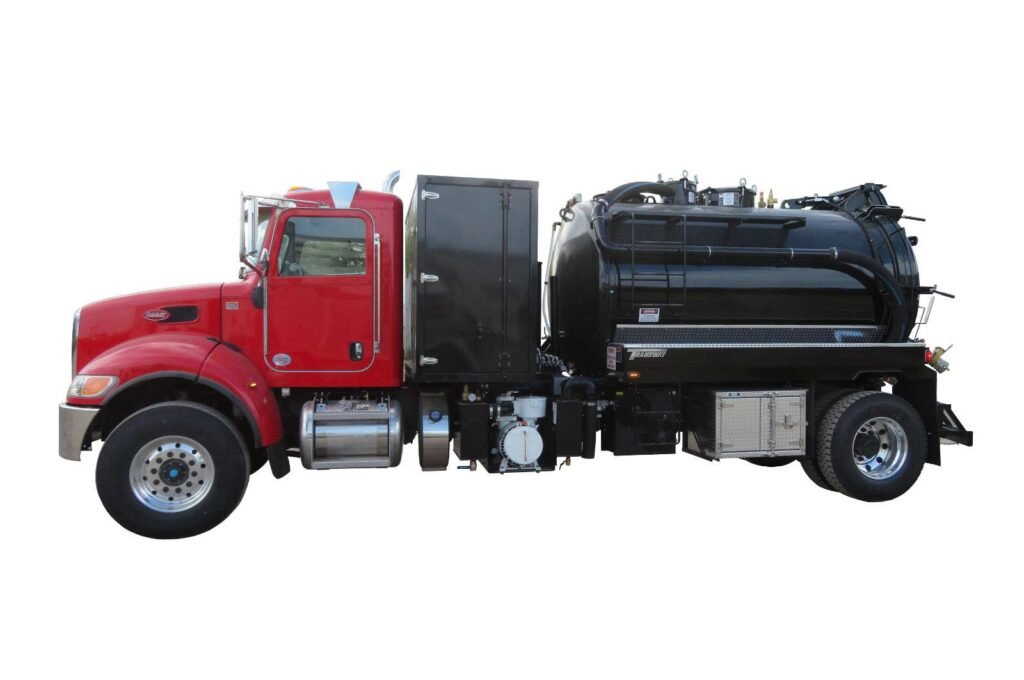In recent years, refillable water options, including water fill station, have gained significant popularity among environmentally conscious consumers and businesses alike. These alternatives offer a sustainable and economical way to stay hydrated while reducing single-use plastic waste. This article delves into the cost benefits of using refillable water options, highlighting their financial advantages and broader implications for both personal and environmental health.
Understanding Refillable Water Options
Refillable water options encompass a range of solutions, including reusable bottles, water stations, and filtration systems. These systems provide convenient access to clean, safe drinking water while minimizing the need for single-use plastic bottles. As more individuals and organizations adopt these practices, it’s essential to evaluate the cost benefits associated with this shift.
Reduced Costs Over Time
One of the most significant financial advantages of refillable water options is the long-term cost savings. While the initial investment in a quality reusable water bottle or a water filtration system may be higher than purchasing bottled water, the savings quickly accumulate. By refilling instead of repurchasing single-use bottles, users can significantly reduce their monthly expenses. For instance, if a person typically buys bottled water for $1 per bottle, switching to a refillable option can lead to savings of hundreds of dollars each year.
Environmental Savings Translate to Economic Benefits
The environmental benefits of refillable water options often align with economic savings. As individuals and businesses decrease their reliance on single-use plastics, they contribute to lower disposal and recycling costs. Many municipalities face rising expenses associated with waste management, and by reducing plastic waste, communities can save money on waste processing and environmental cleanup efforts. These savings can potentially be redirected toward public services or initiatives that further promote sustainability.
Healthier Hydration Choices
Refillable water options encourage healthier hydration choices. With access to clean, filtered water, users can avoid the hidden costs associated with sugary drinks or bottled beverages that often contain unhealthy additives. By opting for refillable water, individuals can improve their overall health while reducing medical costs associated with diet-related illnesses. Hydration is essential for maintaining productivity and well-being, making refillable options a smart investment for individuals and organizations alike.
Flexibility and Convenience
Another cost benefit of refillable water options is the convenience they offer. Many refill stations are strategically located in public spaces, schools, and workplaces, making it easy for users to refill their bottles throughout the day. This accessibility reduces the likelihood of purchasing costly beverages on the go, further enhancing savings. Additionally, refillable options provide greater flexibility regarding personal hydration needs, as users can choose their preferred water source and customize their intake.
Supporting Local Economies
Adopting refillable water options can also support local economies. Many communities have established refill stations, often run by local businesses, which create job opportunities and encourage economic growth. By choosing to refill instead of buying bottled water from larger corporations, consumers contribute to the sustainability of their local economies, fostering community resilience.
Understanding the Broader Impact of Refillable Water Options
The transition to refillable water options extends beyond individual savings and local economic benefits. It is essential to recognize the broader impact these practices have on environmental sustainability and public health. By reducing plastic waste and promoting clean water access, refillable options contribute to a healthier planet and community.
Reducing Plastic Waste and Environmental Impact
One of the most pressing environmental issues today is the accumulation of plastic waste in landfills and oceans. Single-use plastic bottles contribute significantly to this problem, with millions discarded each year. By choosing refillable water options, consumers play a vital role in minimizing plastic waste. Each refill represents one less plastic bottle in the environment, which translates to a collective impact when adopted on a larger scale.
Refillable options also help reduce carbon emissions associated with the production, transportation, and disposal of bottled water. The bottled water industry relies heavily on fossil fuels for manufacturing and distribution. By opting for refillable water solutions, individuals can decrease their carbon footprint and support a more sustainable future.
Promoting Clean Water Access
In many parts of the world, access to clean drinking water remains a challenge. Refillable water stations can help address this issue by providing a safe and affordable source of water for communities. These stations can be installed in public spaces, schools, and underserved areas, ensuring everyone has access to safe drinking water. The availability of refillable options promotes public health and supports community well-being, which can lead to long-term cost savings in healthcare and social services.
Encouraging Mindful Consumption
Adopting refillable water options also encourages a culture of mindful consumption. When individuals become aware of the environmental and financial implications of their choices, they are more likely to make informed decisions about their consumption habits. This shift in mindset can lead to broader changes in purchasing behaviors, encouraging consumers to seek sustainable products across various categories. For businesses, promoting refillable water options can enhance corporate social responsibility (CSR) initiatives. Companies that prioritize sustainability and environmental stewardship often enjoy positive brand recognition and loyalty from consumers who value ethical practices. By aligning their operations with eco-friendly principles, businesses can strengthen their market position and attract environmentally conscious customers.
Making the Transition: Tips for Individuals and Businesses
For individuals looking to adopt refillable water options, the transition is simple. Here are a few tips to get started:
- Invest in a Quality Reusable Bottle: Choose a durable and stylish reusable water bottle that fits your lifestyle. Consider options made from stainless steel, glass, or BPA-free plastic.
- Locate Refill Stations: Use apps or websites that help locate refill stations in your area. Many cities have introduced initiatives to promote refillable water access, making it easier to stay hydrated sustainably.
- Encourage Others: Share your experience with friends, family, and coworkers. The more people who adopt refillable water options, the greater the impact on waste reduction and cost savings.
For businesses, incorporating refillable water options can be a valuable addition to workplace wellness programs. Here are a few suggestions:
- Install Water Filtration Systems: Provide employees with access to clean drinking water through filtration systems or refill stations.
- Offer Incentives: Encourage employees to bring reusable bottles by offering incentives, such as discounts on beverages or rewards for using refillable options.
- Educate Staff: Raise awareness about the environmental and financial benefits of refillable water options through workshops or informational materials.
Conclusion
The cost benefits of using refillable water options are substantial, offering financial savings, environmental protection, and improved public health. By making the switch to refillable solutions, individuals and businesses can contribute to a more sustainable future while reaping the rewards of reduced expenses and enhanced community well-being.




